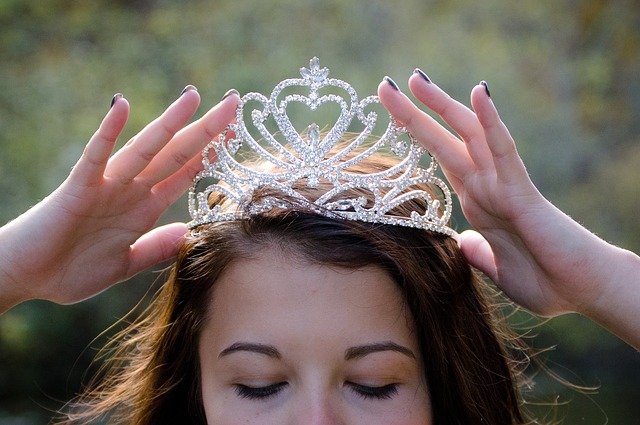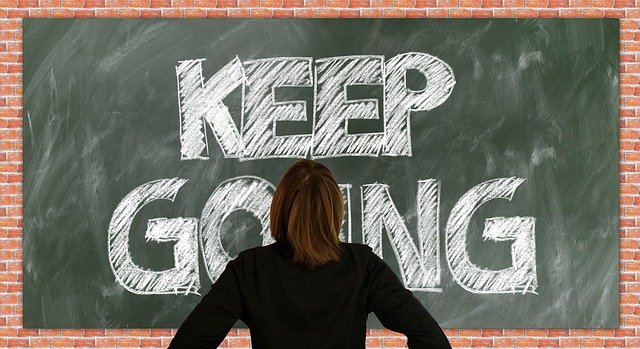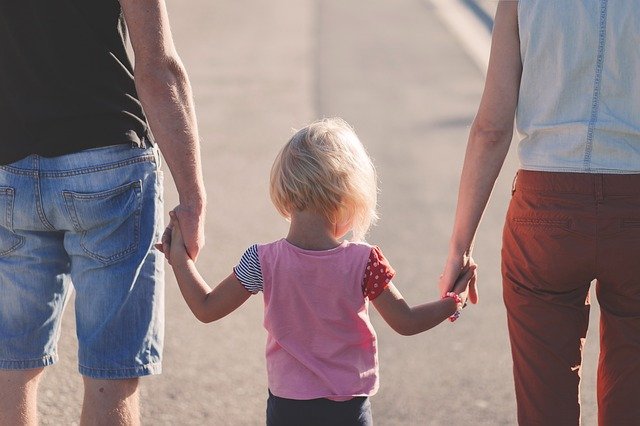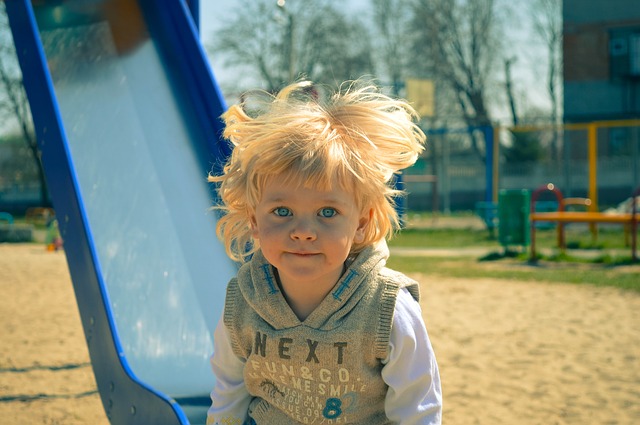At Greystone House, we are huge fans of outdoor time – especially in the preschool age group. There are a number of reasons. We love the appreciation of nature it brings for children. On any given day there is a child squatted down watching a woodlouse (roly poly) make its way slowly across the playground or craning their neck upward to watch the Blue Jays move back and forth between the trees at the rear of the property. We are equally happy to see the children physically exerting themselves while building coordination and strength. Whether running full speed around the playground or grabbing a trike and using it to get from one place to the next in a rapid fashion, outdoor exercise becomes equated with fun and fun things tend to become long-term, positive habits. Perhaps not as intuitive as the first two is the final thing we enjoy. The politics of the playground.
If you consider yourself a hands on learner, whether completely or even partially, we suspect you will be able to relate to why we love this aspect of child development. The playground presents an opportunity for societal learning and practiced citizenship in a hands on fashion. As individuals, children on the playground are presented with a number of scenarios that they must work through. Many, if not most, of these scenarios will play out countless times over their lives and the skills they learn now will benefit them. Rather than these scenarios popping up in a fashion akin to William Golding’s Lord of the Flies, they occur in an environment supervised for safety, but open to individual expression within the group.
The first scenario is the struggle that develops for power and influence over the group. Whether the instigator who seeks to rule the playground in the name of order, the conflict avoider who goes along to ensure they are safe, the utopian idealist who pushes back in the belief that no leader is needed, or the independent spirit who simply wanders off to a different part of the playground, each child will tend to try on at least two of these roles (and some try them all). All of the children will learn firsthand that living within a society requires something of them and that it is never perfect. Children who leave us will of course not have grasped the intricacies, but they will have practice with citizenship.
The playground also presents opportunities for conflict resolution. This is a nice way of saying that sometimes two children want the same trike and, for the moment at least, the world will end if they don’t get what they want. We won’t beat this dead horse as anyone who has spent any time around us knows that manners, grace and courtesy as well as developing strong values are the core of what we do at Greystone House. While the same types of conflict can arrive in the classroom, the playground offers more opportunity as there is no work cycle, no circle time and no defined task. Any scenario that helps us, in a safe environment, build conflict resolution skills is a positive. After all, someday the conflict may not be in a safe place, but the skills to resolve it will be the same.
A personal favorite of the lessons of the playground stems from the joys of developing friends. Group activities, including classrooms, present opportunities for shared interests. But frequently these interests are not genuine, but rather they are simply required. The playground, with its open social environment and myriad of choices as to what to do, presents bonding opportunities. We started this article talking about children watching wildlife from the playground, but it turns out this is rarely a solitary activity. The same is true for digging in the sandbox, swinging on the bars, and racing full speed. And the children that enjoy these activities find each other and freely bond over them. This scenario is one that helps us find our friends in life as well as recognizing in others, regardless how different they may be in some ways, that within every person we run across there is the potential to share something that makes us similar rather than focus on what makes us different.
In these times of COVID we can’t have parents in the school. But the playground is one thing we can show off. Take a moment at drop off and as you are driving out of the lot, stop and watch the playground for a second. Beyond simple play, appreciate what the playground means from an educational perspective.





